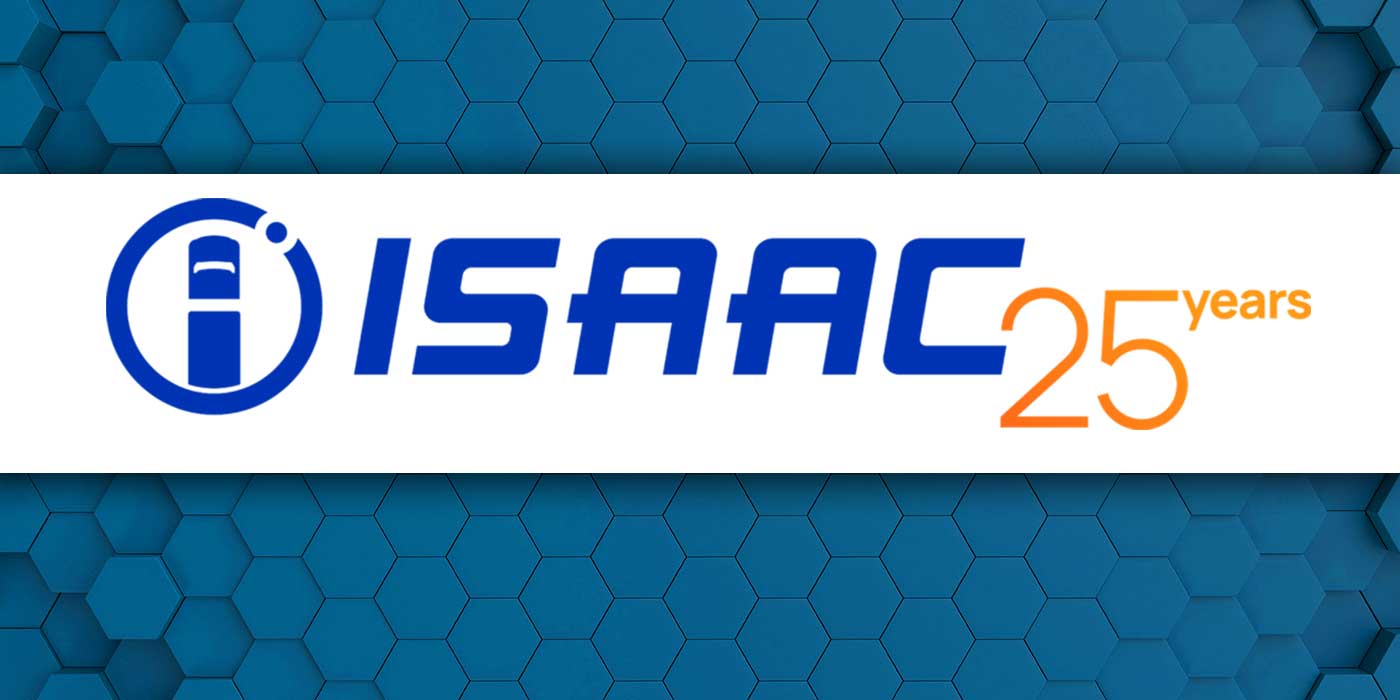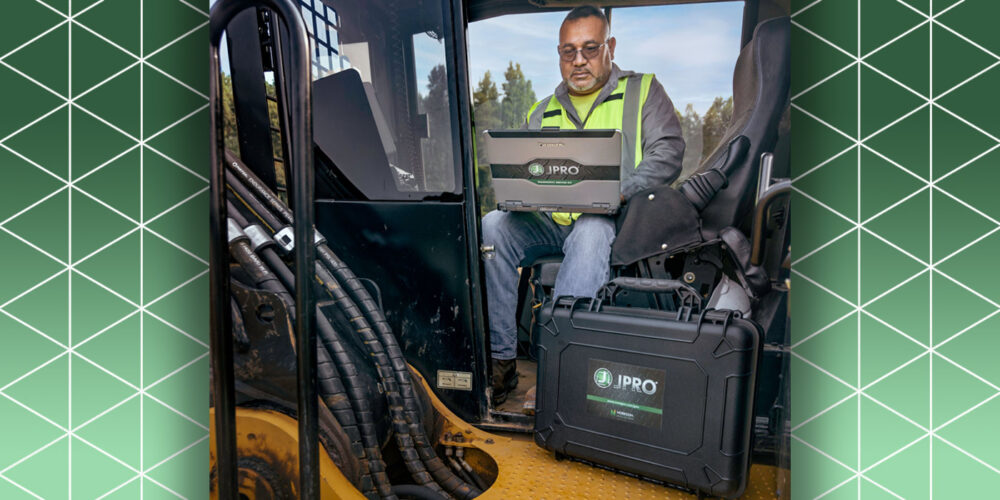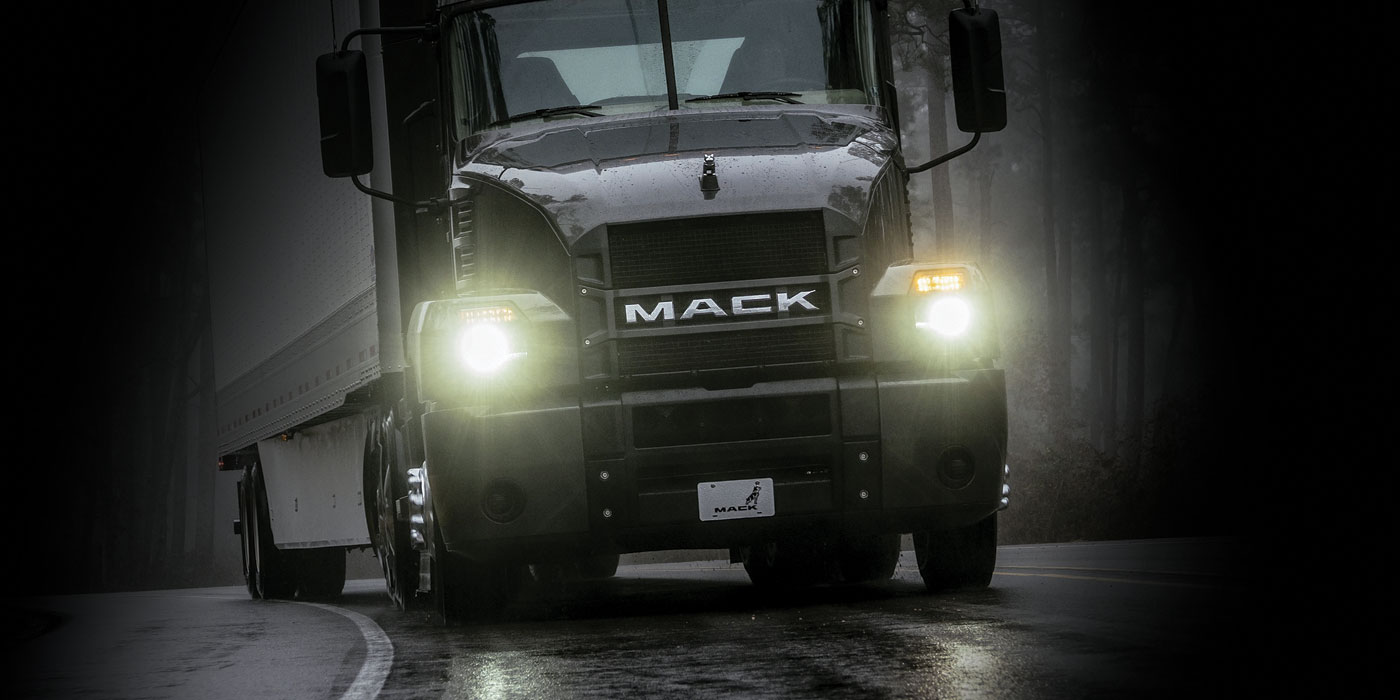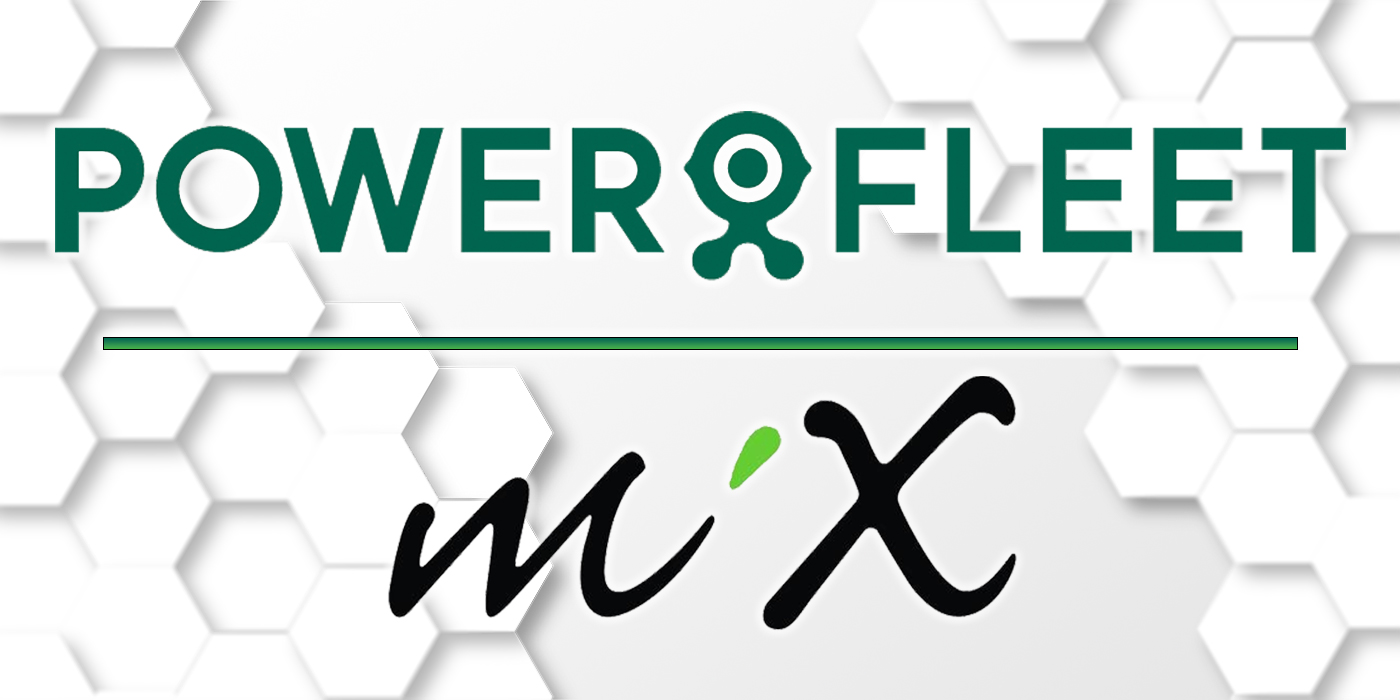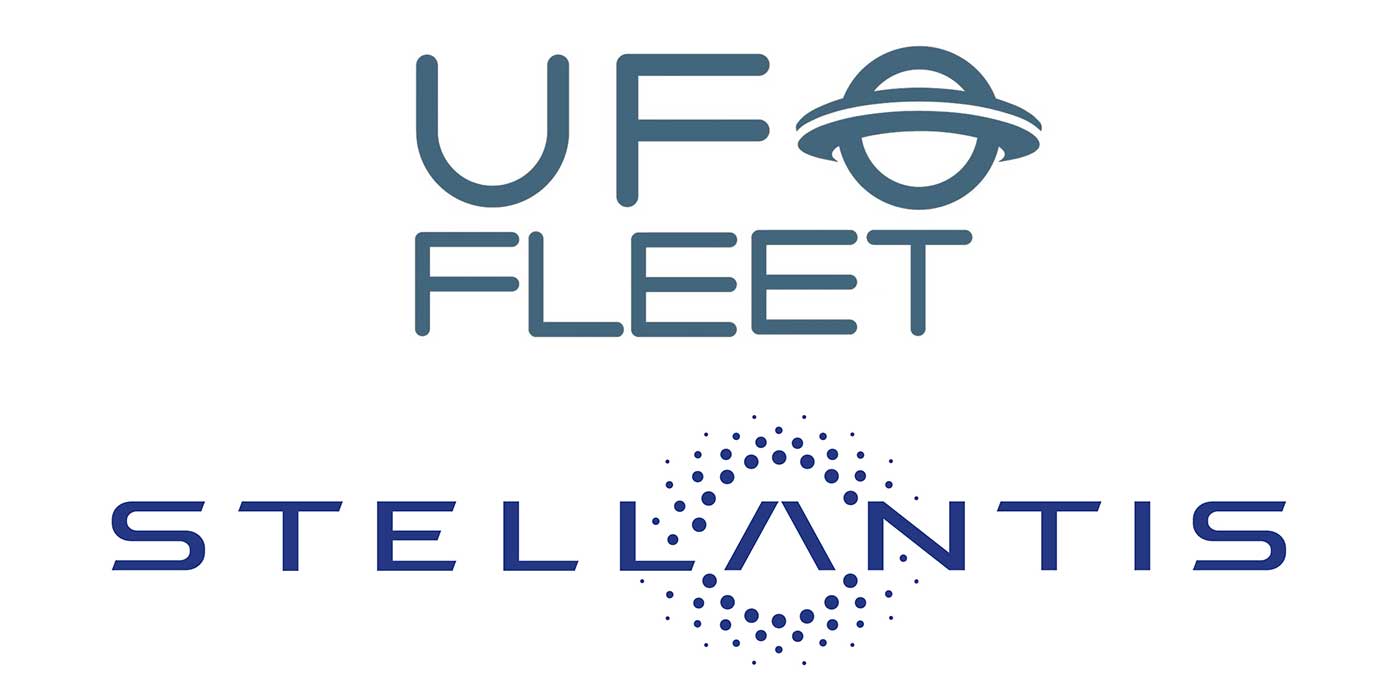With the lowering cost of a barrel of oil, there is a time when it is just a market fluctuation or a clear reduction is cost. When the barrel or rubber prices go down, there is a time when fleet managers believe that cost of lubrications and tires should follow the downward trend of pricing. We believe that strongly because as soon as the suppliers see an opportunity to raise pricing because of the market being driven upward, the fleet cost and list pricing goes up as well.
When the price of tires seems to be driven down and the tire manufacturing companies want to stop the down driven cost, that tire is, all of a sudden, eliminated by a new tire design, with a new model number. Funny how the new tires, which by the way sport less rubber, have a significant price increase before the industry negotiates prices back to where they were.
Recently, the situation became evident with the price of a barrel of oil dropped significantly and somewhat stabilized. Many oil sales people took the opportunity to target fleets that had no reason to switch vendors prior because most were all in the same range; most products are suitable; services were in check; and frankly, there was no reason to change suppliers. So oil is oil. Tires are “round and black”. The fleet manager says the vendor has been serving them for many years, even though the service is not that good but it takes too much energy to change. Besides, they put the price of the equipment in the gallon price because the company would not approved replacement equipment; so, the fleet manager found it just easier. Not the best way to manage, in my opinion, but the equipment was paid for many times over.
In this situation, the incumbent supplier had been supplying both the oil and equipment for 12 years, and when the price of oil increased, so did the price to the fleet. I suppose margin, or commissions, held the prices higher, and the fleet did not ask the right questions and the vendor held his margin—the first mistake. Driven by loyalty, the fleet asks the vendor to look at his numbers and see if, with the price of a barrel dropping and staying low, there was an opportunity to pass on some of the savings. The vendor was asked almost weekly and continued to drag out a reply. Two months went by and the supplier felt that, given his service and his loyalty, there was no reason to even entertain lowering the price. Why should he? He had been supplying lubes for more than 12 years, in addition to shipping to all the other terminals in the U.S., as the fleet looked at the price per gallon, but not the price per gallon, FOB.
In a last ditch effort of fleet loyalty, it took competitive quotes for lubes—no shock—some aggressive companies saw a window of opportunity and became very “competitive.” After numerous strong suggestions to reduce the cost, the loyal fleet was insulted by the supplier, which finally offered a small percent reduction. The fleet asked a few times if that was the best the supplier could do and the commission-driven answer was, ”Yes, we have been here a long time and serviced the [expletive] out of you, our products are much better that the others.”
The moral of the story is that the loyal fleet gave the supplier many opportunities to get it right. Not listening to the conversations, the supplier planted its position, forgot about loyalty, and margin and commission turned into greed. The fleet took the completive bid after all and saved north of six figures. Maybe this is why the SS, Strategic Sourcing Group maybe right—bid the crap out of it because there is no loyalty voluntarily given, only asked. Vendors: wake up and smell the coffee, or better yet, the oil and rubber of continuing business. Adjust prices down just a tad slower than you raise them—that’s the cost to keep the business or maybe lower the cost to get the business back, if at all.



